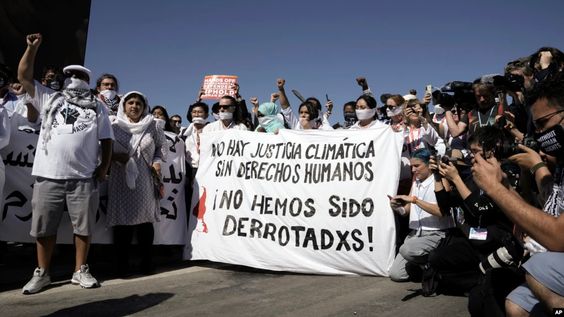Africa
Egypt grants 30 activists in prison their freedom and widespread pardon

The release of 30 political activists from prison was announced by Egypt late on November 24. This was the latest in a string of large-scale releases that have taken place as international criticism of the country’s human rights record grows.
The identity of the activists was not immediately known, nor was it able to quickly ascertain how many of them had previously been let free.
Tarik el-Awady, a member of Egypt’s presidential pardon committee, made the statement.
He said that the 30 were being held pending trial on allegations relating to their “opinions.”
Later, El-Awady shared pictures, claiming they showed some of the released prisoners hugging their loved ones.
Since 2013, the Egyptian administration of President Abdel-Fattah el-Sissi has repressed opponents and dissidents, imprisoning hundreds of them, effectively outlawing rallies, and policing social media.
Up to 60,000 political prisoners, many of whom are being held without trial, were thought to be detained in Egyptian jails in 2019, according to Human Rights Watch.
The topic gained attention when Egypt hosted the two-week global climate summit at the beginning of November.
The hunger strike of Alaa Abd el-Fattah, an Egyptian political activist who is now detained, somewhat overshadowed the conference that was taking place in the Red Sea resort of Sharm el-Sheikh.
El-Fattah increased his months-long, partial hunger strike to entirely halt all calorie intake as the COP27 meeting began. He also stopped drinking water to raise awareness of his situation and those of others like him.
Then, as fears for his safety grew, he called an end to his strike. He’s still behind bars.
Egypt had worked to improve its worldwide reputation in the months leading up to the summit by freeing a large number of convicts and implementing a new “plan” to improve the state of human rights.
Rights organizations continue to be doubtful that these actions would result in any long-lasting change; Amnesty International has called the tactic a “shiny cover-up” intended to curry favour with other countries’ governments and financial institutions.
VOA
